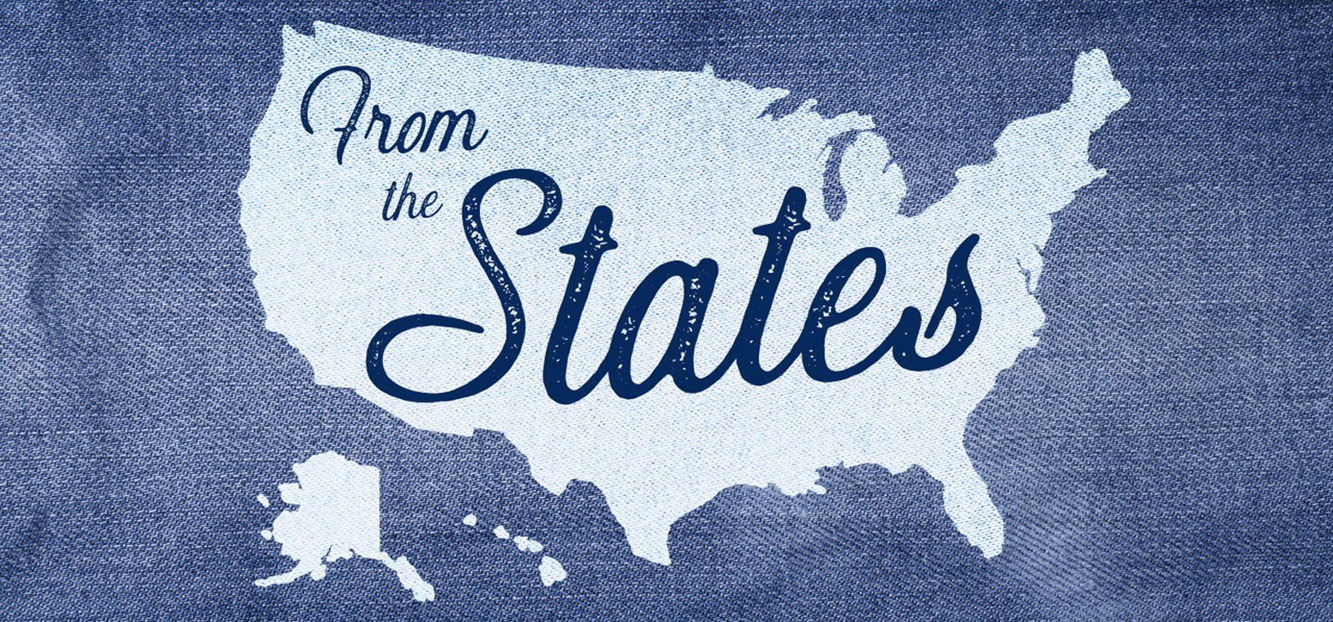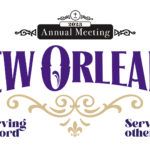
NASHVILLE (BP) – Resolutions approved at the Southern Baptist annual meeting are intended to address issues of the day, providing a historical record for the collective stance of the members of the largest Protestant denomination in the country.
Those addressing refugees and immigration go back to 1944, when Southern Baptists were urged to contribute to the work of the American Bible Society toward “supplying the Word of God in many languages for War Prisoners and Refugees.”
It would be more than 30 years before another resolution approached the subject. But since the end of the Vietnam War, many have been declared.
Refugee crisis develops in Southeast Asia
Just over a month after the Fall of Saigon in 1975, Southern Baptists resolved to pray for and “aid in the resettlement” of the anticipated arrival of more than 100,000 Vietnamese refugees. That same year, the Khmer Rouge rose to power in neighboring Cambodia and set about forcibly evacuating the country’s major cities to establish a purely agrarian society.
The result brought about the execution or starvation of approximately a quarter of the Cambodian population. In 1979 the misery intensified when Vietnam invaded and overthrew the Khmer Rouge, prompting hundreds of thousands of Cambodians to swarm the border with Thailand to escape the fighting as well as the anticipated famine.
In November 1979, Southern Baptist missionaries in Thailand accepted responsibility for 25,000 refugees in two holding camps for six months. Worldwide attention to refugees brought about separate resolutions at the 1980 annual meeting for those fleeing Cambodia as well as Cuba and other countries. A third resolution on the matter once again called for support of the American Bible Society.
Southern Baptist work in Thailand among displaced Cambodians wouldn’t begin winding down until 1983, during which time approximately 60,000-70,000 refugees had been assisted and 5,000 had been baptized.
Repeated calls for government accountability
The 1985 annual meeting included a brief 136-word resolution marking the 10th anniversary of the settlement of Indochinese refugees. It noted the expanding need for caring for refugees and the Home Mission Board’s efforts to assist churches in sponsoring 1,000 refugees that year. Southern Baptists were urged to increase their involvement in the work.
In 2006, nationwide protests erupted over the proposal of H.R. 4437, a bill that would raise penalties for illegal immigration and classify illegal individuals and anyone who helped them enter or remain in the U.S. as a felon. It did not become federal law, but Immigration Customs Enforcement raids during the end of the Bush presidency and into the Obama administration led to more than 300,000 deportations as well as to individual states passing laws similar to H.R. 4437.
“On The Crisis of Illegal Immigration,” adopted in 2006, held both Democrats and Republicans responsible for the nationwide furor while condemning employers who knowingly hired those in the country illegally. The adoption also called on churches to become involved in meeting the physical, emotional and spiritual needs of immigrants through ways such as teaching English as a second language.
A 2011 resolution once again called on the government to increase border security and hold businesses accountable for unscrupulous hiring practices related to immigration status. However, it also included a desire to provide “a just and compassionate path to legal status, with appropriate restitutionary measures,” for those who were already living in the country illegally.
Another sentence in the resolution said it was “not to be construed as support for amnesty for any undocumented immigrant.”
Prior to its passage, an amendment to strike the paragraph on a path to legal status was narrowly defeated by a ballot vote. Another amendment to the paragraph calling for undocumented immigrants to be deported was “handily rejected.”
The 2011 chair of the SBC Committee on Resolutions said the resolution was built on the one from 2006, and that it moved Southern Baptists “light years ahead when it comes to its Gospel-centeredness.”
A spike in refugees worldwide amid ongoing immigration debate
“The largest refugee crisis since World War II” led to the passage of “On Refugee Ministry” in 2016. Conflict in Syria and other Mediterranean areas had driven refugee numbers up the previous year, but European countries that had taken the brunt of those numbers had begun to severely limit entry. This factored in a record number of refugees dying at sea and record number of displaced people worldwide.
Southern Baptists were encouraged to prepare for an expected 85,000 refugees “from four continents and the Caribbean.”
A 2018 resolution called back to the one from 2011, reiterating Southern Baptists’ stance on illegal immigration while continuing to call for “a just and compassionate path to legal status, with appropriate restitutionary measures.” Restating the convention’s opposition to blanket amnesty, it chided the government for its “continued policy gridlock.”
The same sentence calling for a path to legal status included the phrase “maintaining the priority of family unity.” Days after the resolution’s passage President Donald Trump signed an executive order ending the separation of families at the border, a move that brought prompt commendation from Southern Baptists.
Another 2018 resolution urged Southern Baptists to become more active in adoption and foster care.
Resolutions passed in 2021 and 2022 addressed the Uyghur Genocide and war in Ukraine, respectively, and called on the U.S. government to admit affected people as refugees.
Major metropolitan areas not previously associated with immigration in recent years became part of the narrative in 2023 as southern border governors transported migrants northward. New York City’s mayor has said there is no more room while overcrowding has become an issue in Chicago.
The 2023 resolution again urges the federal government “to prioritize measures that secure our borders and to provide adequate resources to border patrol and those working in the immigration system.”





















